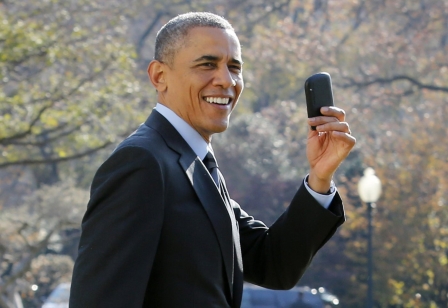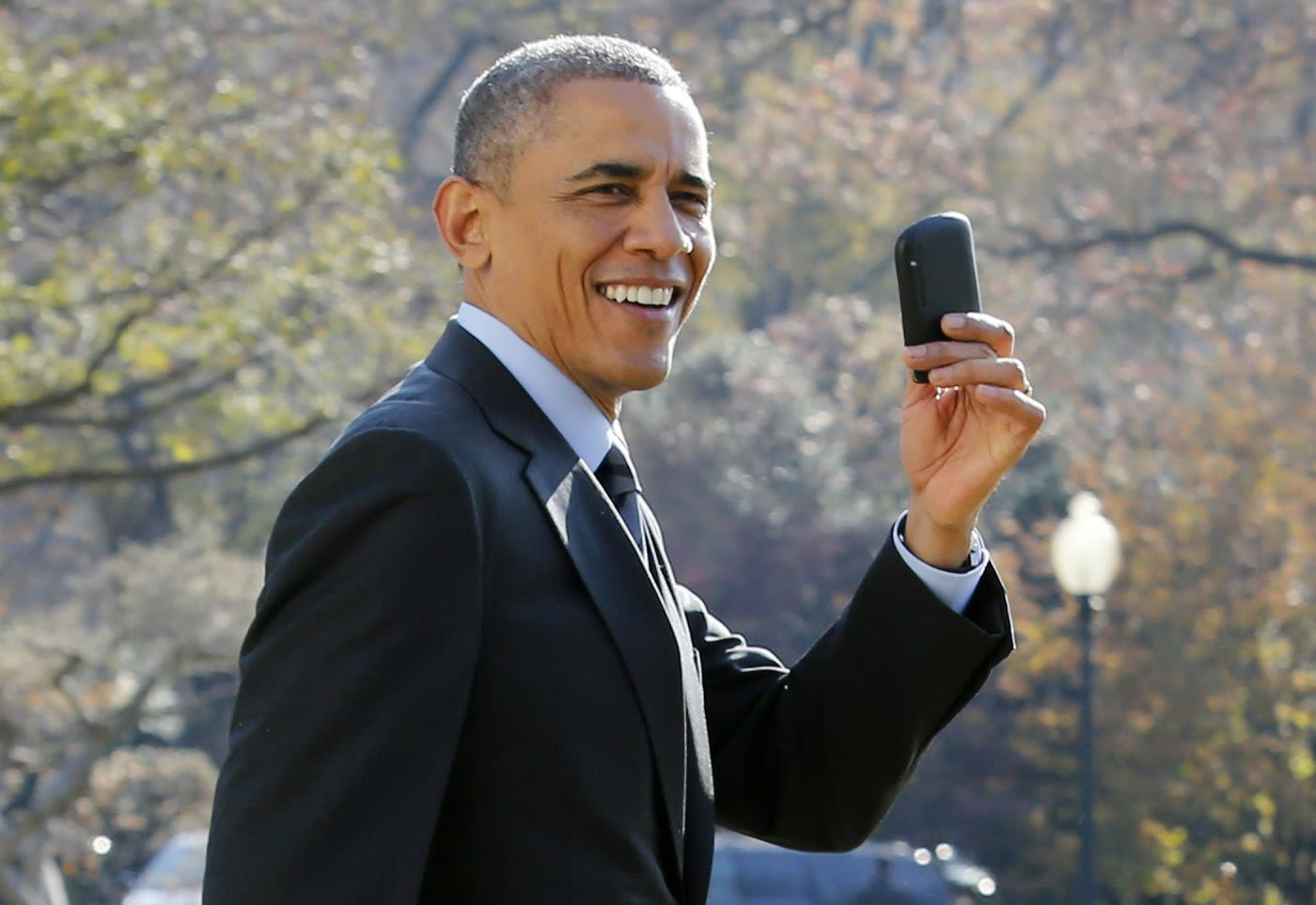WikiLeaks dump reveals Obama’s personal email address
Hacked files published by WikiLeaks reveal that Barack Obama’s personal email address in 2008, just before he secured the US presidency, was bobama@ameritech.net. The information comes via emails stolen from Hillary Clinton campaign chief John Podesta and published on WikiLeaks, CNBC reports. Messages to and from Obama’s personal email account largely focus on planning his new administration (yes, before he actually won the election).
In one email, Podesta offers advice on how to deal with a potential invitation to a G-20 meeting from exiting President George W. Bush — sent just 20 minutes before the election was called in Obama’s favor. Podesta and other advisers all recommended that Obama decline the invitation, noting, “If, for example, the meeting is widely regarded as an anemic response to grave systemic problems, you will be tied to that perception.” Plus, attending with Bush would be “extremely awkward,” the attached memo read, according to CNBC. In the end, Obama did not attend the G-20 meeting.
Obama replied to one email at close to midnight on October 30th, and the signature noted it was sent from the president-elect’s long-beloved BlackBerry via AT&T.
US intelligence authorities concluded in early October that top Russian officials orchestrated the hacks behind the WikiLeaks dumps and directed the recent invasion of the Democratic National Committee. These were an attempt to disrupt the US presidential election, intelligence officials found. In August, it came to light that WikiLeaks published sensitive information for hundreds of innocent people and distributed more than 80 different malware variants in one batch of emails from Turkey’s ruling AKP political party.
This week, Ecuador cut off internet service to WikiLeaks founder Julian Assange, who has been granted asylum in the country. The Ecuadorean government justified its decision with the following reasoning: “The Government of Ecuador respects the principle of non-intervention in the internal affairs of other states.”
(24)















